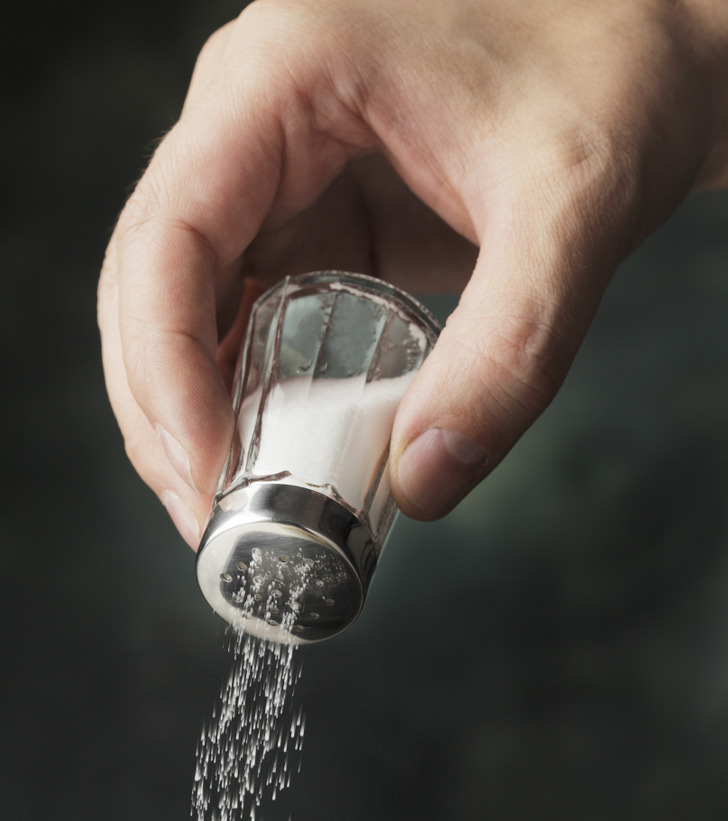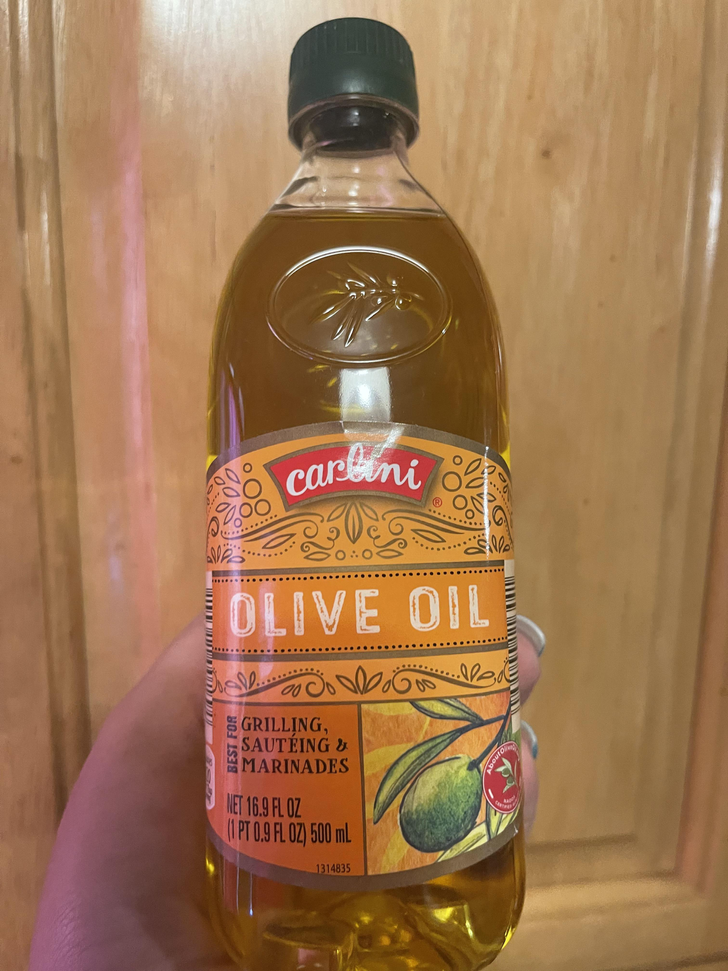We often consume foods like bread, eggs, bananas, and milk without considering the recommended daily servings for optimal health. Overconsumption of vitamins and minerals can lead to harmful effects, while not getting enough can cause deficiencies. Here’s a guide to understanding how much of these common foods should be part of your daily diet to stay healthy.
2 Bananas Per Day: A Nutrient Powerhouse

Bananas are a great source of potassium, fiber, and essential vitamins like vitamin C and B6. Eating two bananas a day can be an excellent way to boost your energy levels. They help reduce bloating, regulate appetite, and are a healthier alternative to processed sugars.
However, experts warn that bananas alone are not sufficient for breakfast. While they provide a quick energy boost, they may leave you feeling hungry again soon. Consider pairing them with protein-rich foods like yogurt or nuts for a more balanced meal.
7 Eggs Per Week: A Moderate Approach

Eggs are a high-quality protein source and contain vital nutrients such as vitamin D, omega-3 fatty acids, and antioxidants. However, excessive consumption, especially for individuals with heart disease or high cholesterol, can be risky.
Experts recommend up to one egg per day, but for most people, eating 7 eggs per week is sufficient to meet nutritional needs. For those with heart conditions, it’s best to consult a healthcare provider for personalized advice.
1 Teaspoon of Salt Per Day: The Right Amount for Health

A healthy daily salt intake is crucial for maintaining proper fluid balance and nerve function. Adults should aim for no more than 6 grams of salt (about 1 teaspoon) daily, including salt from all foods like cheese, processed meats, and snack foods.
Salt Guidelines for Children:
- 1 to 3 years: 2 g of salt per day
- 4 to 6 years: 3 g of salt per day
- 7 to 10 years: 5 g of salt per day
- 11 years and over: 6 g of salt per day
Too much salt can increase the risk of high blood pressure, so be mindful of hidden salt in packaged foods.
1.5 Tablespoons of Olive Oil Per Day: A Healthy Fat

Including olive oil in your daily diet can offer numerous health benefits due to its heart-healthy monounsaturated fats. 1.5 tablespoons of olive oil per day are sufficient to provide anti-inflammatory and antioxidant effects.
Be cautious when cooking with olive oil, as it loses its beneficial properties at high temperatures. It’s best to use it in cold dishes or add it after cooking to retain its full benefits.
6 Teaspoons of Sugar Per Day: Stay Within Healthy Limits

The average American consumes far too much sugar daily, often without realizing it. According to researchers, women should limit sugar intake to no more than 6 teaspoons per day, while men can have up to 9 teaspoons.
Excessive sugar consumption, especially from sugary beverages like sodas, can lead to weight gain, diabetes, and other health issues. A single can of sugar-sweetened soda could contribute to up to 15 pounds of weight gain over 3 years if consumed daily without cutting other calories.
3 Cups of Milk Per Day: A Vital Source of Nutrients
Milk is an excellent source of calcium, vitamin D, and protein. Dietary guidelines recommend that adults drink 3 cups (732 ml) of milk per day to ensure they meet their daily calcium requirements. If you’re lactose intolerant, consider fortified plant-based milk alternatives like almond or oat milk.
Research suggests that adequate milk consumption can help support strong bones, but individuals who cannot tolerate milk should seek other sources of calcium and vitamin D.
Conclusion: A Balanced Approach to Daily Food Intake
Maintaining a healthy diet involves knowing how much of each food group to consume. By following the guidelines for fruits, proteins, oils, salt, sugar, and dairy, you can optimize your nutrient intake without overloading your system.
What’s Your Favorite Breakfast?
Do you ever consider how much of each food group you consume daily? What’s your go-to breakfast to keep you energized throughout the day? Share your thoughts in the comments below!
Preview photo credit st3f-ping/reddit, Depositphotos.com









